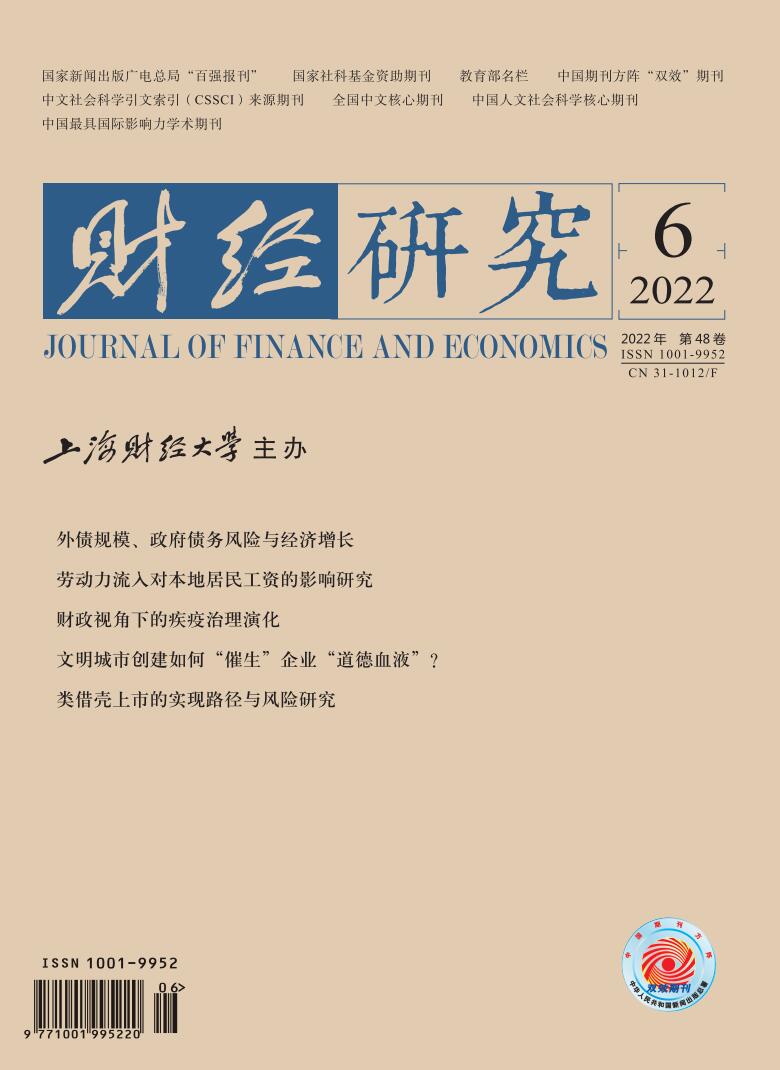Two things are inevitable in one’s life, death and tax. The impact of taxation on individual behavior and the allocation of corporate resources is undoubted, such as affecting the transfer of multinational players, the flow of multinational talents, and the flow of various multinational capitals, etc. Existing studies mainly focus on the impact of differences in statutory tax rates. However, for Chinese companies, the specific policies of statutory tax rates are more controlled by the central government, while the actual tax enforcement is done by the local government. The tax enforcement may be the more important factor in China.
This paper discusses how the tax sharing between provincial and municipal governments in China affects enterprise development in nonlocal places. Tax competition under the impact of tax sharing may be realized by tax rate and tax base. If the local government strives for more tax base under tax sharing, the outflow of tax base will be limited, and the group will stay in local places and develop less in nonlocal places. On the contrary, if the local government puts more tax burden on companies, the group will develop more in nonlocal places. We use the enterprise income tax sharing of municipal and county governments to measure the tax sharing and nonlocal subsidiaries to measure the development of corporate groups in nonlocal places to test which effect above is dominant. We find that: (1) Higher tax sharing is related to less nonlocal subsidiaries, which suggests that it is tax base competition under tax sharing not tax rate competition. (2) Tax sharing increases tax in companies with more nonlocal subsidiaries but does not increase tax in companies with less nonlocal subsidiaries, which indicates that under the tax base competition, the local government retains the tax base by selective taxation, and imposes punitive taxation on companies which develop more in nonlocal places. (3) This selective taxation is mainly reflected in the parent company with geographical restrictions, but not reflected in its subsidiaries.
The main contributions of this paper are as follows: (1) In addition to the tax rate, it explores the impact of tax enforcement on enterprise development in nonlocal places, and expands the relevant literature on enterprise development in nonlocal places from the perspective of tax sharing. (2) It expands the differentiated application of the “Laffer Curve” with Chinese characteristics through the path of selective taxation to retain the tax base. This paper finds that under the taxation system with Chinese characteristics, the grassroots government uses selective taxation to increase the actual tax rate as a punitive tool, and the actual tax rate rises while the tax base increases simultaneously. This conclusion is contrary to the “Laffer Curve”. (3) It expands and enriches the studies in the field of fiscal and tax decentralization. Existing literature mainly focuses on the impact of tax sharing on tax rates. This paper provides evidence from the tax base and explores the path effect of selective taxation with Chinese characteristics. The conclusions provide reference for the optimization of tax system with fair tax burden and the implementation of tax reduction and fee policy in supply-side reform.






 4278
4278  3936
3936

